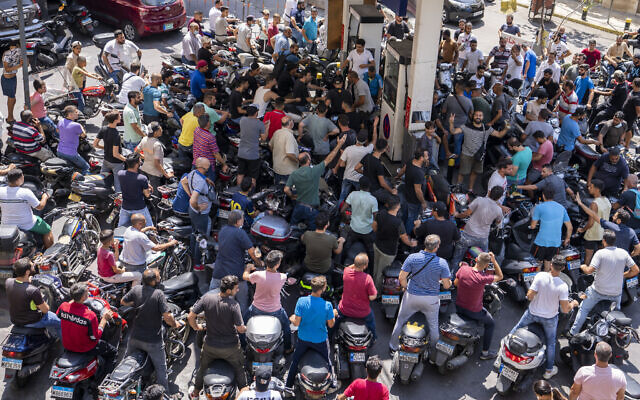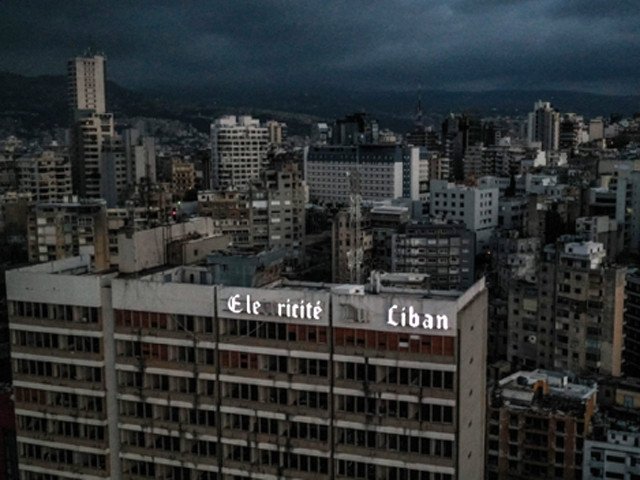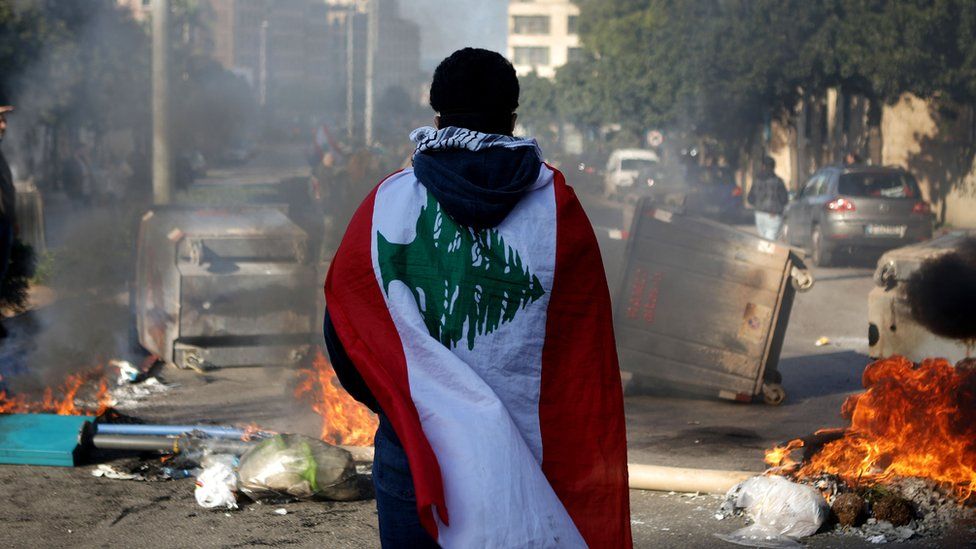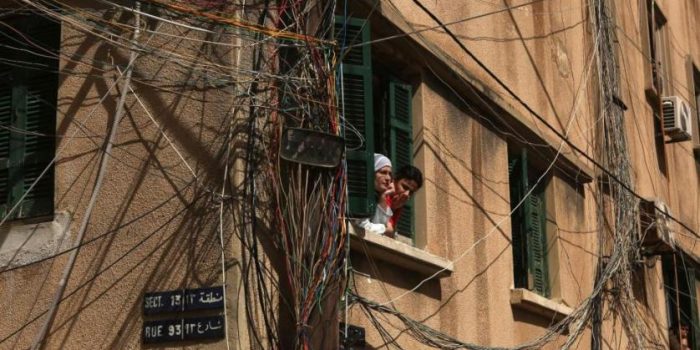Lebanon faced a nationwide power outage over the weekend after the country’s two largest power plants shut down on Saturday owing to a fuel shortage, adding to the country’s economic collapse, political corruption, and a tragic port explosion last year.
The state-owned power stations Deir Ammar and Zahrani shut down in quick succession, leaving Lebanon’s population of more than 6.8 million people without power. The collapse of the state-run electrical grid on Saturday was merely the most acute manifestation of a chronic fuel crisis that has plagued Lebanon for the past year and a half. However, limited electricity was restored Sunday after nearly 24 hours of interruptions.
Even before the weekend outage, chronic fuel shortages led hospitals to “delay operations or postpone crucial treatments,” among several other concerns, according to the Washington Post.

For years, Lebanese citizens have battled with the state-owned electric provider, Electricité du Liban, and its shortcomings have resulted in the widespread use of private generators. As a result, people often have as little as one or two hours of daily electricity from the state grid throughout a typical week.
The Lebanese government has gotten a six million-liter fuel gift from the Lebanese military forces to help resolve the problem. However, the increased fuel supply will only be enough to keep the lights on for three days, so it is hardly a long-term solution. According to Al Jazeera, a shipment from Iraq is expected to increase fuel availability later this month, and the energy ministry announced Sunday that it had obtained a $100 million fuel credit from Lebanon’s central bank, allowing the government to resume paying for fuel imports.
The grim circumstances surrounding Lebanon serve as a background for everything. The country’s financial system failed in 2019, leaving countless residents penniless. According to the World Bank, the government had one of the world’s most significant financial crises in the last 150 years.

For decades, Lebanon has struggled with electricity issues; lengthy outages have long been a part of people’s daily lives. However, the country’s current economic crisis, combined with governmental corruption, has converted this once manageable nuisance into a far more severe issue.
“It is drastic, and it has been drastic for a while,” Lebanon’s energy minister Walid Fayyad said to The Washington Post. “With a few hours a day, people can go about their basic needs for a couple of hours, and of course, it is better than nothing, but the situation is dire, and we need more than a few hours a day.”



